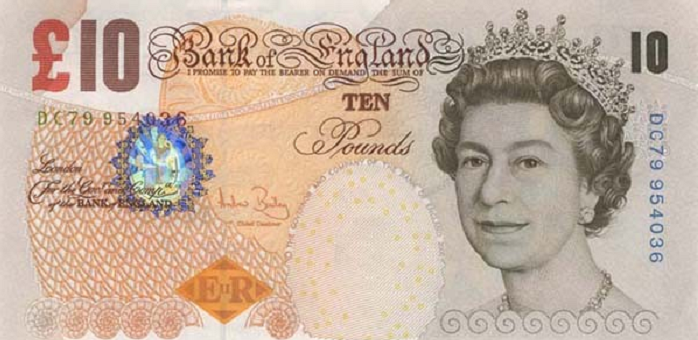Since Britain’s referendum on June 23rd, journalists and economists have spent much time gawping at the awful financial fallout.
However, Brexiteers have jumped on anyone whom they think is exaggerating the economic impact of the decision to Leave (just read the comments on any of our articles). Leavers have always maintained that Remainers overplay the economic effects of Brexit ("Project Fear" and so on). This makes it important for journalists/economists to be as accurate as possible in what they are saying.
In this regard one problem has been the coverage of the plummet in the value of the pound. There has been much ink spilled on how sterling has reached a 30-, 35- or 40-year low against the dollar (depending on whom you read). But the really important exchange rate is not sterling-dollar, but a "trade-weighted" sterling index, which is adjusted for how Britain's trading partners' currencies are doing. The Bank of England has data on this, and while there has clearly been a big drop recently, it's not quite as bad as the sterling-dollar rate. It was a lot lower in the 2008-09 financial crisis.
And what of the short-term moves in the pound? Read some articles and you would be forgiven for thinking that what is going on in the currency markets is utterly unprecedented. It has indeed been very bad by historical standards, but not the worst. A research report from Deutsche Bank released on June 28th puts this all in long-term historical context. The pound depreciated on the day after the referendum by about 7.5% against the dollar:
The bigger [one-day] moves [in sterling]... are 1) 19 Sep 1949: (-30.41%) Pound devalued under Bretton Woods due to economic concerns; 2) 21 Sep 1931: (-23.57%) Gold Standard abandoned in the Depression; 3) 30 Sep 1869: (-18.75%); 4) 20 Nov 1967: (-13.02%) Harold Wilson's famous 'pound in your pocket' devaluation to battle the UK's economic problems; 5) 25 Mar 1863: (-10.90%); 6) 10 May 1940: (-9.79%) War related deviation from the dollar peg; 7) 25 Sep 1931: (-7.89%) A few days after the Gold Standard was abandoned, the pound continued to depreciate although it did jump by 7.14% next day. 8) 19 June 1866: (-7.76%).
To repeat, the economic impact of Brexit has been extremely bad. But remember, sensible people, don't get carried away. The cast-iron economic case against Brexit will be all the stronger for it. — GB

